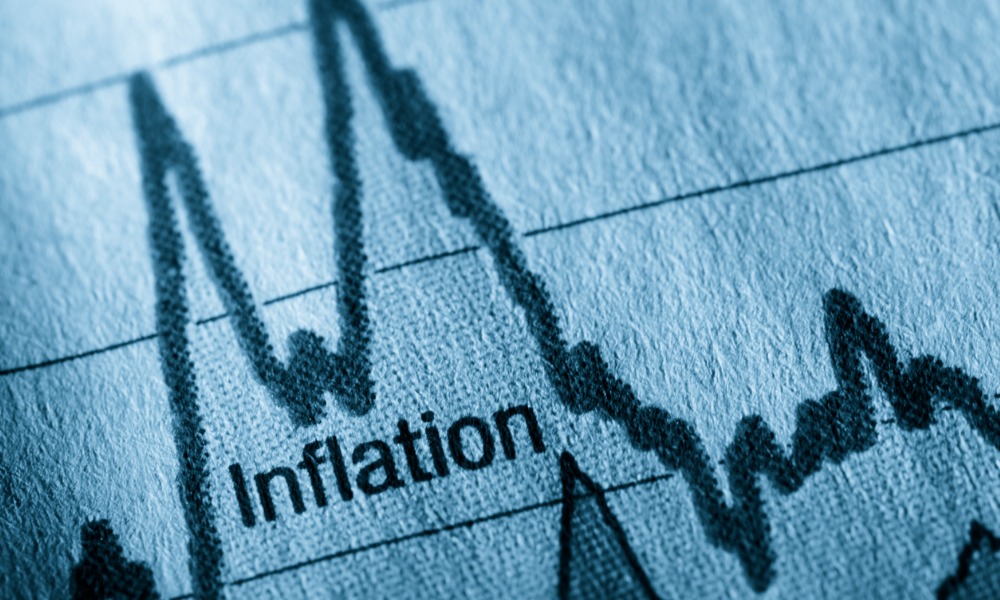New research reveals more about what oil price shocks really do in the bigger picture

It has been more than a decade since I have looked at inflation research. Over that time, there has been little need to do so, as we seemed to be living in a low interest-rate environment with inflation steady and under control.
Many investors and researchers had accepted this and moved on to other topics. Those left were locked in a seemingly endless debate about whether inflation was a monetary issue or a problem of demand – a fundamental question, but one that hasn’t been resolved in almost a century.
Sidestepping this question are two recent papers that offer up greater knowledge of today’s inflation. The first paper, which has been accepted by the Journal Energy Economics but has yet to be published, is by Jongrim Ha, M Ayhan Kose, and Franziska Ohnsorge, all of the World Bank, and Hakan Yilmazkuday of Florida International University, titled, “Understanding the Global Drivers of Inflation: How Important are Oil Prices?”’
This work is unique in that it looks at both developed and developing economies and studies a very long time series with several shocks, including global recessions, periods of volatility in the oil market, and the post-COVID period.
So, what role do oil price shocks play? The authors found that oil price shocks may not have been a key driver of inflation (accounting for only about four percent of the variation in inflation among the 55 countries the authors examined during the 1970–2022 period), but that they had a measurable impact on three-quarters of the countries examined. For example, the oil price shock of the early 2022 period during the Russian invasion of Ukraine is associated with a 1.2 percent increase in inflation in the median country. The role of oil price shocks in inflation calculations is also typically much larger in developed countries than in developing countries. Oil price shocks were also more prominent in explaining changes in the inflation rate during global recessions and/or periods of significant disruption in the oil market. They calculate that oil price shocks contributed about 3.4 percentage points to the seven percent inflation rate recorded between the end of 1973 and the beginning of 1974. Even in today’s COVID-driven inflation rates, oil prices accounted for about 10 percent of the overall increase in inflation. Generally speaking, the importance of oil price shocks has risen over time – from four percent during the last century to nearly nine percent in the time since 2000.
So, how long will these shocks have an impact? For this, we turn to a recent unpublished paper by Lena Drager, Klaus Grundler, and Niklas Portrafke, all from the Leibniz Institute for Economic Research, titled, “Political Shocks and Inflation Expectations: Evidence From the 2022 Russian Invasion of Ukraine.” Unlike other studies, which look at long-term consequences of shocks, the authors here study the extent to which shocks result in an immediate change of individuals’ economic expectations. Inflation expectations play a key role in household behaviour through changing demand patterns. The authors created a survey of inflation expectations of all tenured economic professors at German universities and compared this to a sample of German households. The Russian invasion caused an immediate increase in experts’ short-run inflation expectations of 0.75 percentage points. Mid-term effects (i.e., for the next year) were a lower inflationary increase of 0.47 percentage points. Ordinary households had much lower inflation expectations (about half that of the experts), and the effects for households only came several days after the invasion, suggesting that experts in this case were both better informed and quicker to react to shocks. Interestingly, both groups predicted an effect of near-zero for the longer term (i.e., two years).
Work on shocks to the economy can help us understand today’s inflation. This research shows that while shocks are important, their effects don’t last forever, which means we might soon see a return to a period of lower inflation rates around the world.
Jim Helik is a contributing author to the Managing High Net Worth and the Commodities as Investments courses published by CSI Global Education. He is also one of the first holders in Canada of the Human Resource Management Professional designation from the Society for Human Resource Management.



